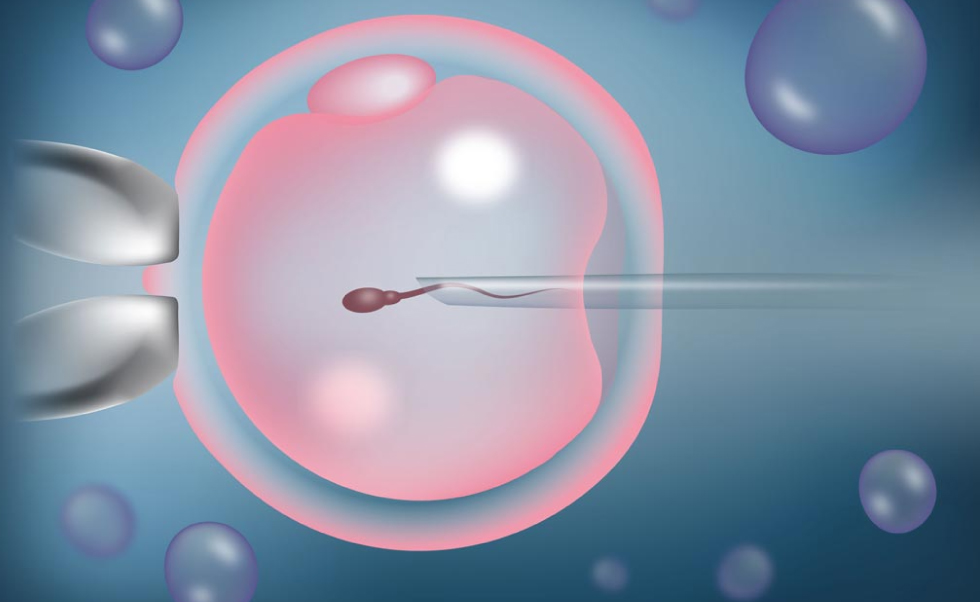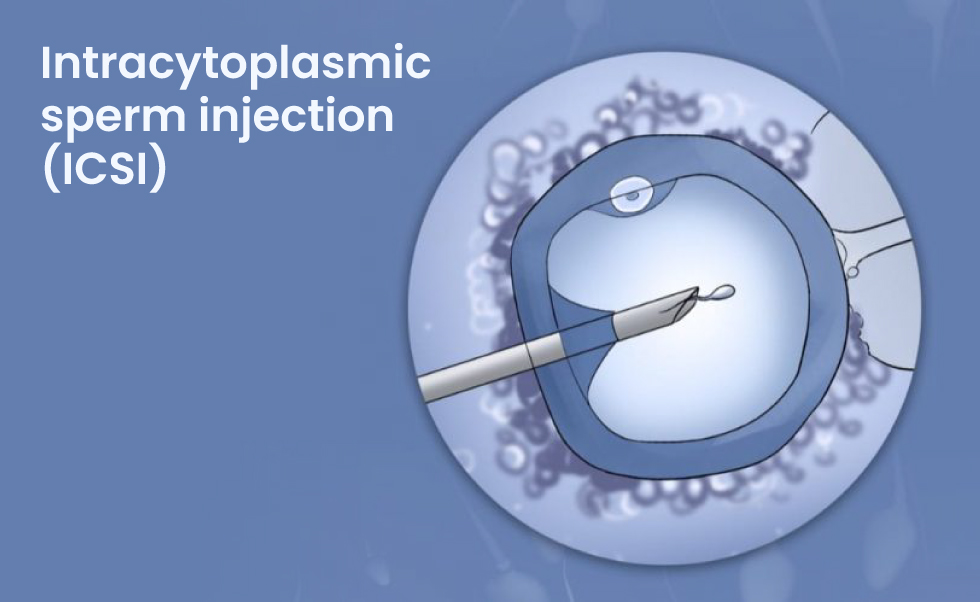For many Indian couples, the dream of parenthood is deeply intertwined with cultural values, family expectations, and personal desires. The journey to conceive can be filled with hope, but it can also bring challenges, especially when faced with fertility issues. In a society where discussions about fertility are often whispered behind closed doors, understanding the options available can provide not only clarity but also a sense of empowerment. One such option, especially when dealing with male fertility issues, is Intracytoplasmic Sperm Injection (ICSI).
What is ICSI?
Intracytoplasmic Sperm Injection, commonly known as ICSI, is a specialized form of in vitro fertilization (IVF) that has brought hope to countless couples struggling with male infertility. In ICSI, a single sperm is directly injected into an egg to facilitate fertilization.
This method bypasses many of the hurdles that can prevent sperm from naturally fertilizing an egg, offering a solution for men with low sperm count, poor sperm motility, or other sperm-related issues.
Could ICSI Help Us?
If you’re an Indian woman trying to conceive and have encountered difficulties due to male fertility factors, ICSI might be a path worth exploring.
Fertility challenges can strain even the strongest of relationships, and in Indian culture, where family and societal expectations can weigh heavily, the pressure can feel overwhelming.
ICSI offers a potential solution for couples where the male partner’s sperm struggles to fertilize an egg naturally. This procedure can help in cases where sperm count is low, sperm motility is poor, or there are issues with sperm morphology.
Is ICSI the Answer for All Male Fertility Problems?
While ICSI has proven to be highly effective for many male fertility issues, it is not a universal solution for all cases. You must undergo thorough medical evaluations to determine if ICSI is the right option.
For some conditions, such as genetic abnormalities or severe sperm production issues, alternative or additional treatments may be necessary. It’s also crucial to have open and honest discussions with your fertility specialist about the potential success and any risks involved.
How is ICSI Carried Out?

The ICSI process is intricate and precise. It begins with the retrieval of eggs from the female partner, a process similar to traditional IVF.
Meanwhile, sperm is collected from the male partner, either through ejaculation or, in some cases, surgical extraction.
In the laboratory, a skilled embryologist selects a single, healthy sperm and injects it directly into an egg using a fine needle. This meticulous process increases the chances of fertilization, even when natural fertilization is unlikely.
How Long Does ICSI Treatment Last?
The duration of ICSI treatment can vary depending on the couple’s specific circumstances, but generally, the process takes several weeks. It begins with ovarian stimulation in the female partner, followed by egg retrieval, sperm collection, and the ICSI procedure itself.
After fertilization, the embryos are cultured for a few days before being transferred to the uterus. Following the embryo transfer, a two-week period ensues before a pregnancy test can be conducted. While this timeline may seem long, it’s important to approach the process with patience and hope.
What Are the Success Rates of ICSI?
The success rates of ICSI can vary based on factors such as the female partner’s age, the quality of the eggs and sperm, and the overall health of both partners. On average, the success rates for ICSI are comparable to those of traditional IVF, with about 30-40% of cycles resulting in a successful pregnancy. While these statistics can provide a general guideline, it’s essential to remember that each couple’s journey is unique. For many Indian couples, especially those facing male infertility, ICSI has proven to be a beacon of hope, offering a real possibility of conceiving a child.
What Are the Advantages of ICSI?
ICSI has several advantages that make it a preferred option for couples struggling with male infertility. The procedure allows fertilization to occur even with a minimal number of sperm, which is a significant advantage for men with very low sperm counts. ICSI also provides an opportunity for fertilization when sperm motility or morphology is poor, overcoming natural barriers to conception. Additionally, ICSI can be used in cases where previous IVF cycles have failed to fertilize, offering a second chance at success.
What Are the Disadvantages of ICSI?
While ICSI offers many benefits, it also comes with some potential disadvantages. The procedure is more invasive and technically demanding than traditional IVF, which can increase the cost. Additionally, while ICSI can help overcome many male fertility issues, it does not address underlying genetic concerns that may be present. It’s also important to be aware of the potential risks, including the possibility of birth defects, although the overall risk is relatively low. Open communication with your fertility specialist is essential to understand these risks and make a fully informed decision.
For Indian women and their partners on the path to parenthood, ICSI represents a significant advancement in fertility treatment, offering hope where natural conception may be challenging. While the journey may be filled with uncertainties, the possibility of bringing new life into the world through the assistance of medical science is a testament to the progress made in reproductive medicine. As you navigate this journey, remember that you are not alone, and with the right support and information, the dream of parenthood can become a reality.







